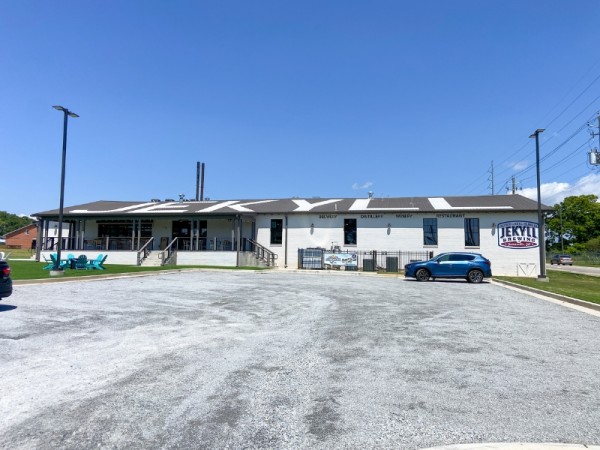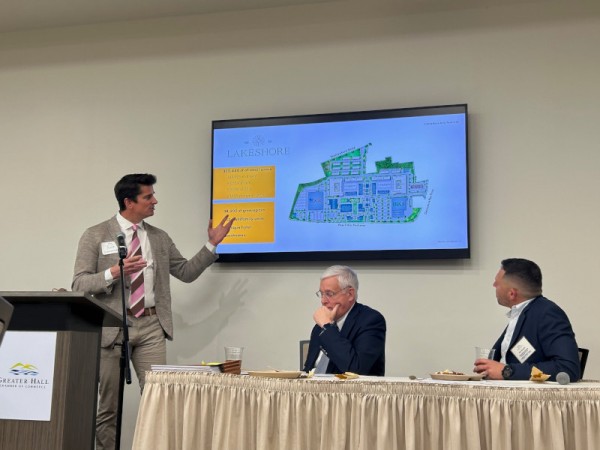ATLANTA - Economic recovery will take a while to arrive, despite seemingly positive numbers in January and February, according
to the National Economic Forecast released today by Dr. Rajeev Dhawan, director of the Economic Forecasting Center at Georgia State University's Robinson College of Business.
Based on Dhawan's forecast, even though,
technically, the recession may be over by late spring, "real" recovery isn't expected until the summer.
"What I mean by 'real' recovery is a decent, positive rate of job growth," says Dhawan. He expects the unemployment rate to rise to the 6.2% range by the middle of the year before leveling off to the 5.7% range in 2003.
"Things are definitely looking up," offers Dhawan. "Consumer confidence is improving, durable good orders were up in December and the stock market seems to be weathering the Enron storm rather well."
However, based on his forecast, Dhawan says to expect a few bumps in the road before things improve.
Georgia Economic Recovery in Step with National Picture
Georgia's economy has lost 115,000 jobs since May of last year. These losses are in accordance with what has been happening at the national front -- a recession. In the third quarter of 2001, the state economy lost jobs at a 3.1% pace which increased sharply to a 5.7% loss rate in the fourth quarter.
"An obvious sign of lack of job growth is the rising office vacancy rate that has increased sharply to 16.7% in the Atlanta metro area," says Dhawan.
"The damage was more severe post Sept. 11 when travel and tourism related jobs were lost -- an industry that accounts for 8% of the Atlanta metro economy but has accounted for 30% of the jobs lost since September."
However, according to Dhawan's forecast, Georgia will also enjoy a recovery by early summer provided there are no further terrorist attacks and business confidence improves.
"This recovery is very delicate and will need a lot of nurturing from the business community," says Dhawan. "If that happens then we will see a sustainable job growth pattern by the summer with travel and tourism, followed by industrial and transportation manufacturing leading the way. The recovery
with then spill over to other sectors-known as the multiplier effect -- which will result in a robust hiring in the business service sector."
Tuesday
July 1st, 2025
6:28PM
















